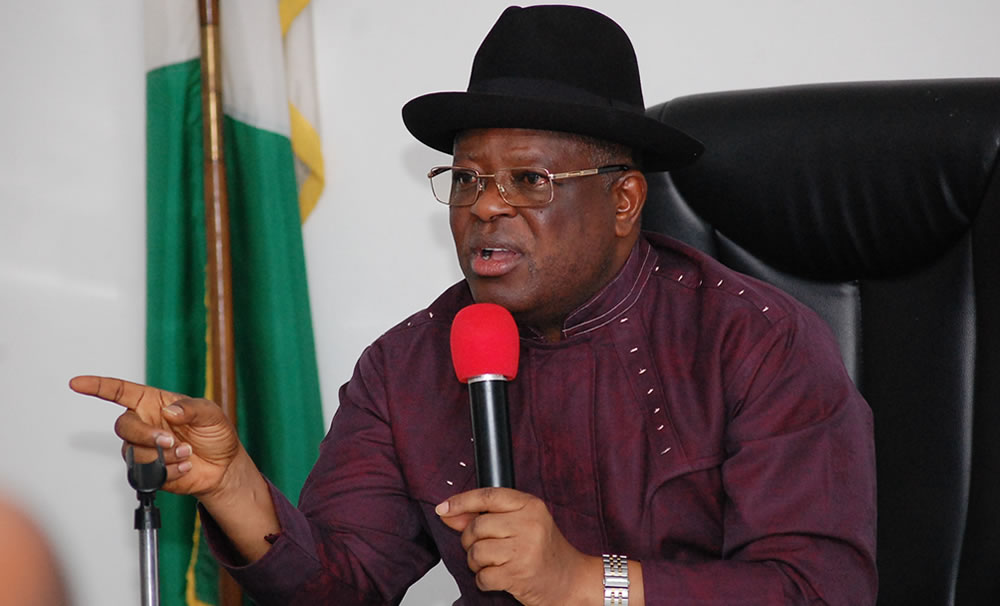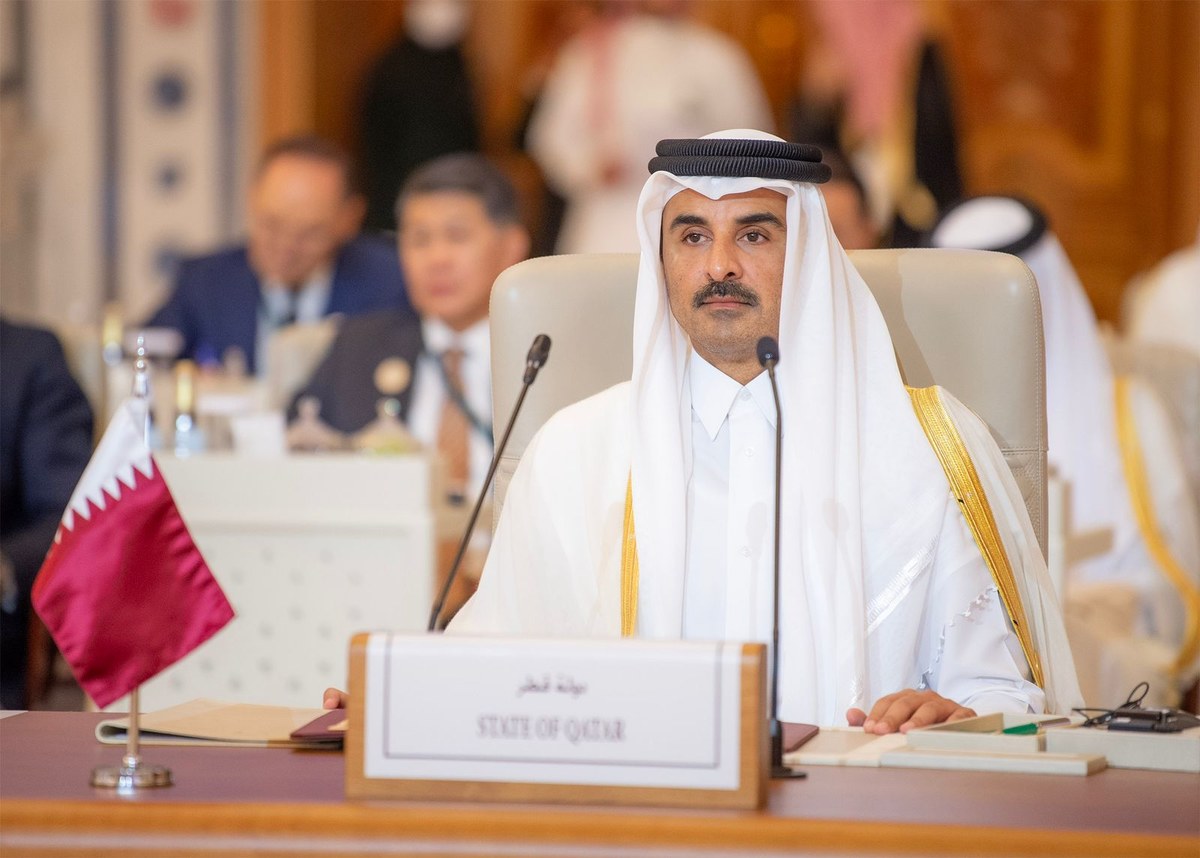
The Ebonyi Government says it anticipates bumper harvest of 350 metric tons of rice in the 2016 farming season.
Gov. David Umahi expressed the hope at the inaugural National Agricultural Summit organised by the Federal University, Ndufu-Alike, Ikwo Local Government Area of the State on Thursday.
The governor, represented by the Commissioner for Agriculture and Natural Resources, Mr Uchenna Orji, said government invested massively in rice production in 2016.
“We were determined to revolutionalise rice production in the state due to our comparative advantage over other states and make it reclaim its position of highest rice producer in West Africa.
“We currently have the biggest rice mill cluster in the sub region with over 20 metric-tons capacity of rice processing facilities.
“The rice we cultivate internally is insufficient for processing in our mills and we seek rice paddy from Akwa Ibom, Cross River, among others, to meet internal and external needs”, he said.
The commissioner remarked that the government recently procured three metric tons rice milling equipment from China to boost rice production.
“We also procured 8-metric tons per hour capacity parboiling equipment, to permanently stop parboiling of rice by our farmers and processors through crude methods.’’
Umahi remarked that the government would pursue aggressive rice production in the dry season by cultivating over 54, 000 hectares from Jan. 2017.
“We have invited investors to install irrigation facilities at the farms with channelisation mechanisms from the Ebonyi River which spread across the state.
“Our one man, one hectare agricultural policy would ensure that our rice production feat is sustained with every citizen cultivating at least one hectare of farmland”, he said.
Chief Audu Ogbeh, Minister Agriculture and Rural Development, called for more funding of the agricultural sector to achieve the nation’s objectives.
Ogbeh, represented by Mr Sunday Edibo, Director of Agriculture, Lands and Climate Change Management Services, noted that the country falls short of the Maputo declaration for agricultural funding.
“It declared that every country should allocate 10 per cent of its budget to agriculture but the country is currently budgeting two per cent.
“It should be noted that agriculture can solve the nation’s unemployment problems by engaging individuals in its production value-chain of input supply, cultivation, processing, packaging, distribution, marketing, among others”, he said.
Prof. Chinedum Nwajiuba, Vice , FUNAI, said the summit was apt with the country experiencing recession occasioned by depletion of crude oil prices in the international market.
“The summit would also discuss training for the next generation of farmers and agriculturists which make us canvass for the reduction of agricultural study’s duration in universities, from five to four years”, he said.
The News Agency of Nigeria (NAN), reports that lectures were also presented by representatives of the National University Commission, Federal University of Agriculture, Umudike, Abia among others.
The theme of the summit is ‘The New Face of Agricultural Training In a Declining Oil-Based Economy.’ (NAN)









